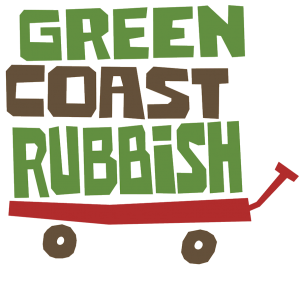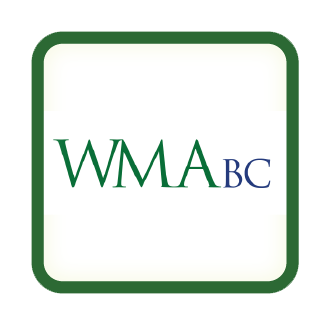The holiday season is here in all its glory including fancy treats, delicious eats, holiday parties and traditional family meals – and unfortunately a lot of wasted food. However, reducing food waste over the holidays is something that we can all do if we take the time to follow some easy steps:
Meal Planning
Use your guest list to plan out the number of portions needed for your holiday dinner and to determine how much food to buy and how big of a turkey to get.
Check your holiday dinner recipes and make a detailed grocery list to take to the store so you only buy what you need. Look at what you already have on hand before adding new items to your grocery list. Avoiding over shopping can really make a difference to the food budget given that food waste costs an average Canadian household over $1,100 per year.
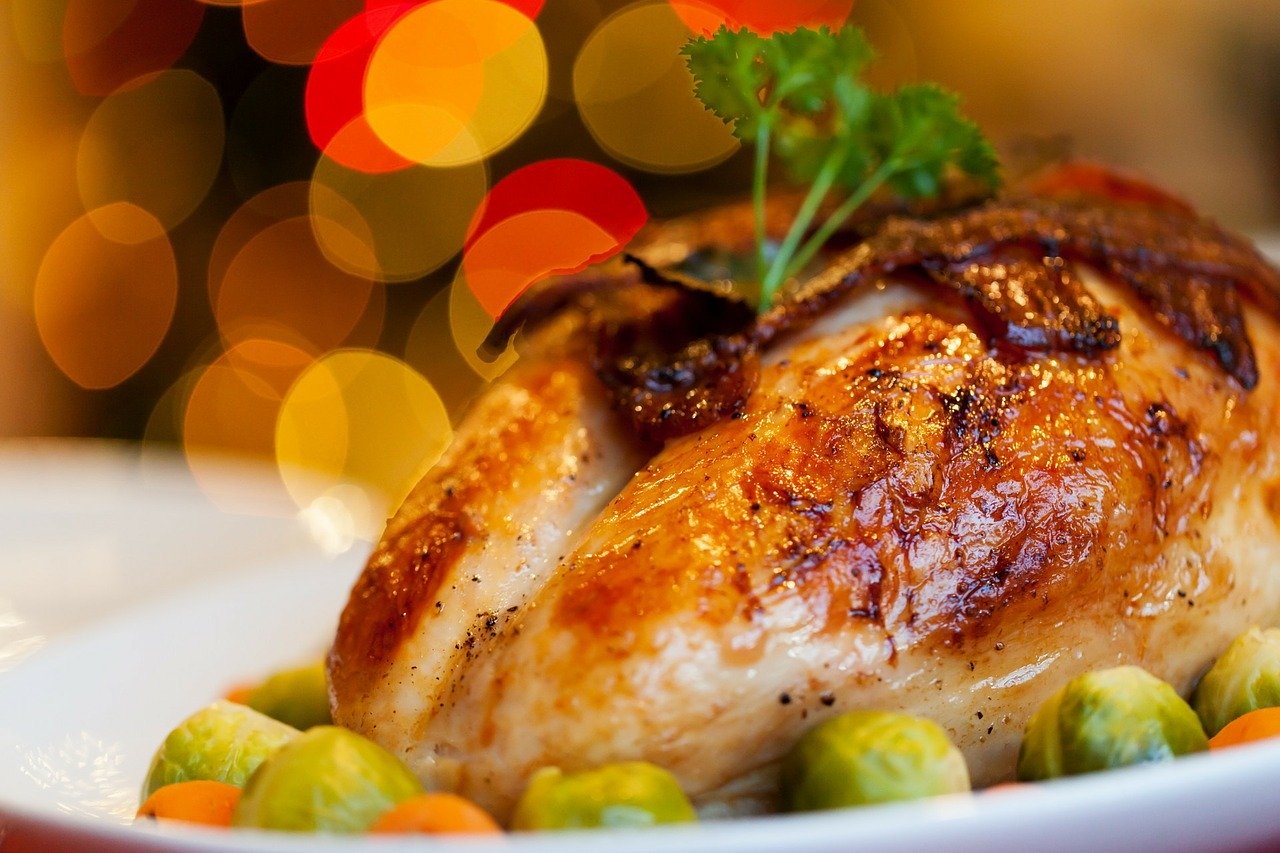
Photo credit: Pixabay
Make the most of Leftovers
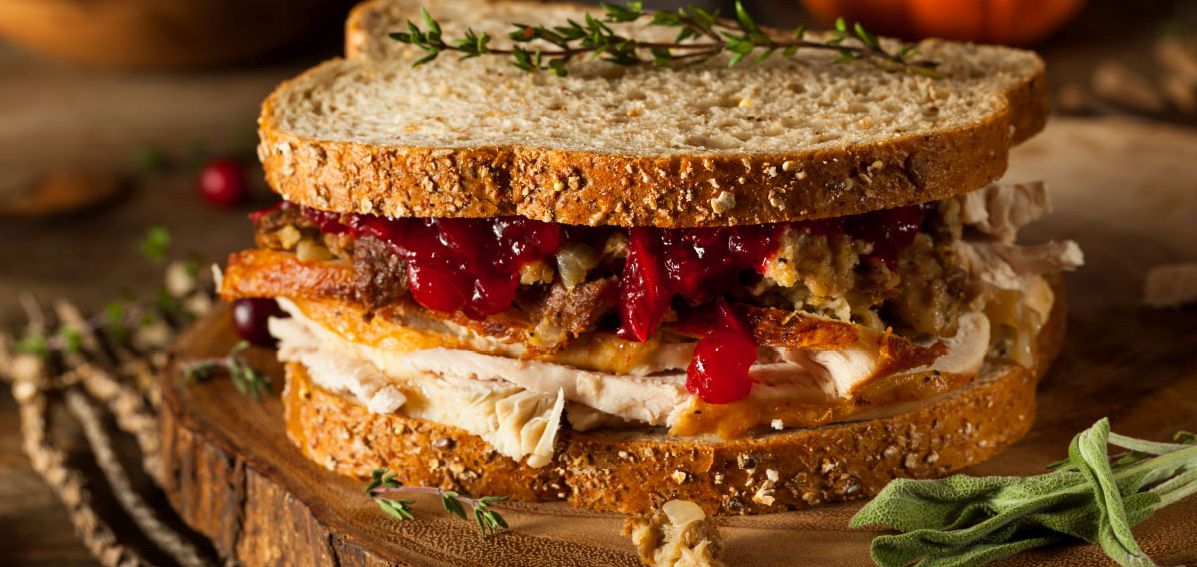
Photo credit: Metro Vancouver
Prior to the holidays, use up any prepared food you already have on hand to make room in your fridge and freezer for new leftovers from your holiday dinners.
As part of your meal planning process, be sure to include the ingredients for making turkey sandwiches, turkey soup, or pot pie – or other favorite dishes made with holiday leftovers.
Another great idea is to share leftovers with your guests in reusable containers or to freeze meal-sized portions that can be reheated for a fast and convenient dinner idea in January.
Food Scraps Recycling
Food scraps recycling has been mandatory in Metro Vancouver since 2015. This is great because local residents have access to a green bin at their place of residence which is especially handy during the holidays to deal with food scraps from all the extra entertaining. Here’s a list of the types of food scraps and food-soiled papers that may go in your green bin:
- All food, including produce, grains, dairy, and meat
- Prepared food (leftovers) if you don’t manage to eat them up
- Shells and bones (turkey and ham bones too!)
- Small amounts of fat, oil, and grease (gravy too!)
- Wooden chopsticks, skewers, popsicle sticks
- Coffee grounds and filters, tea bags
- Food wrappings, such as waxed cardboard and paper bags
- Food-soiled paper including all those Christmas napkins!
- Food-soiled newsprint (often used to line a kitchen catcher)
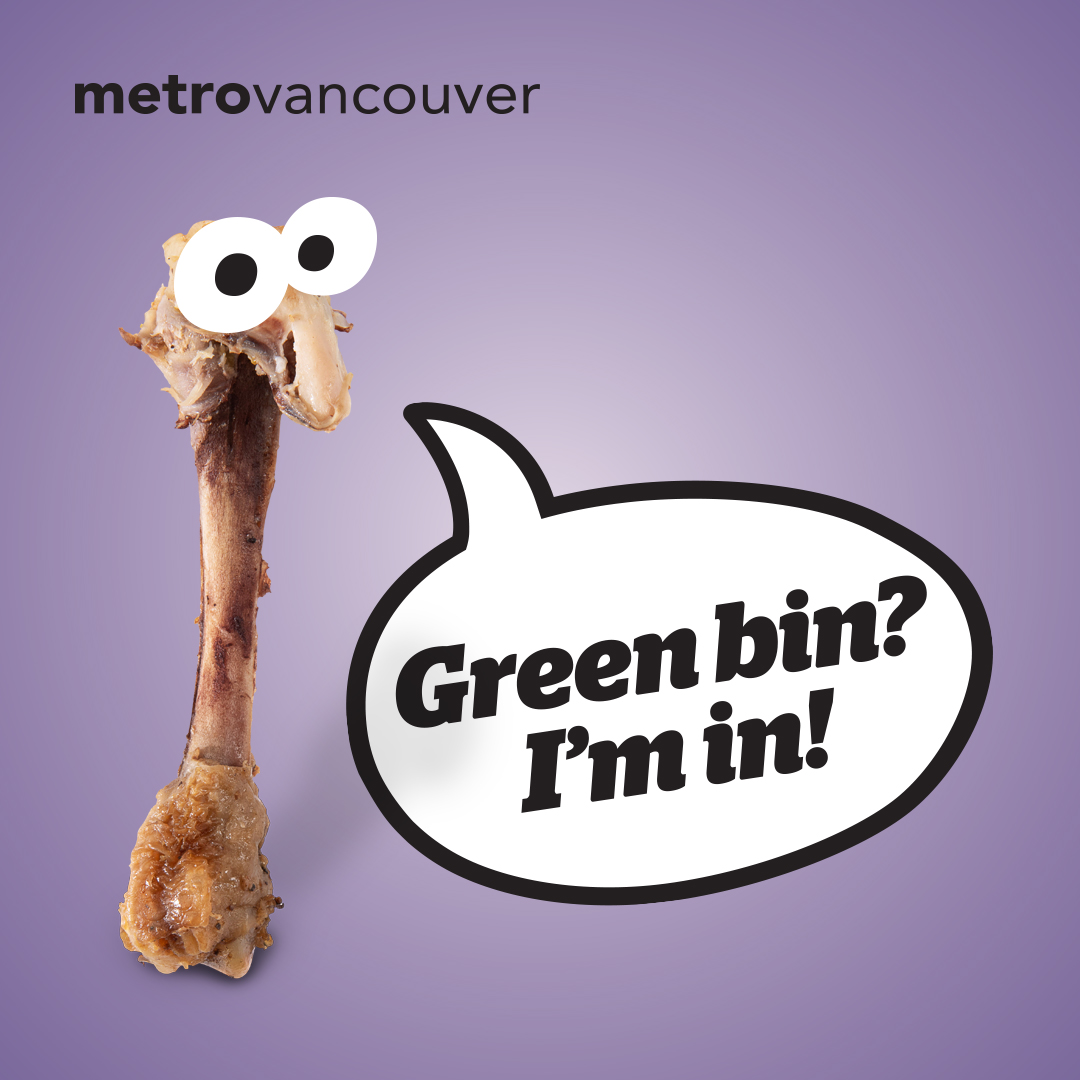
Photo credit: Metro Vancouver
Reducing Food Waste is Important All Year Round
The facts on food waste are hard to hear – that 1/3 of all food produced globally is wasted and that 63% of the food Canadians throw away could have been eaten. Not to mention the fact that wasting food uses up all kinds of valuable resources including land, water, and energy. That’s why reducing food waste is important all year round, and especially during the holidays when there is so much extra entertaining going on.
At Green Coast, we are always thinking about how to reduce waste so we really love these holiday strategies and hope you will too. Share your comments with us on how you plan to reduce food waste this holiday season.
